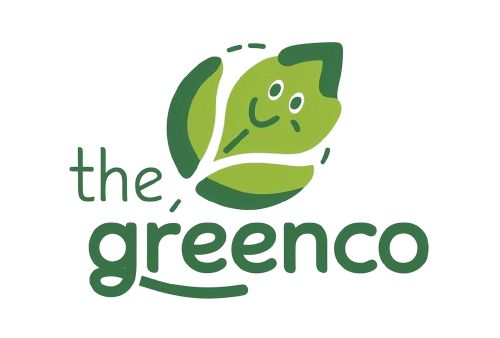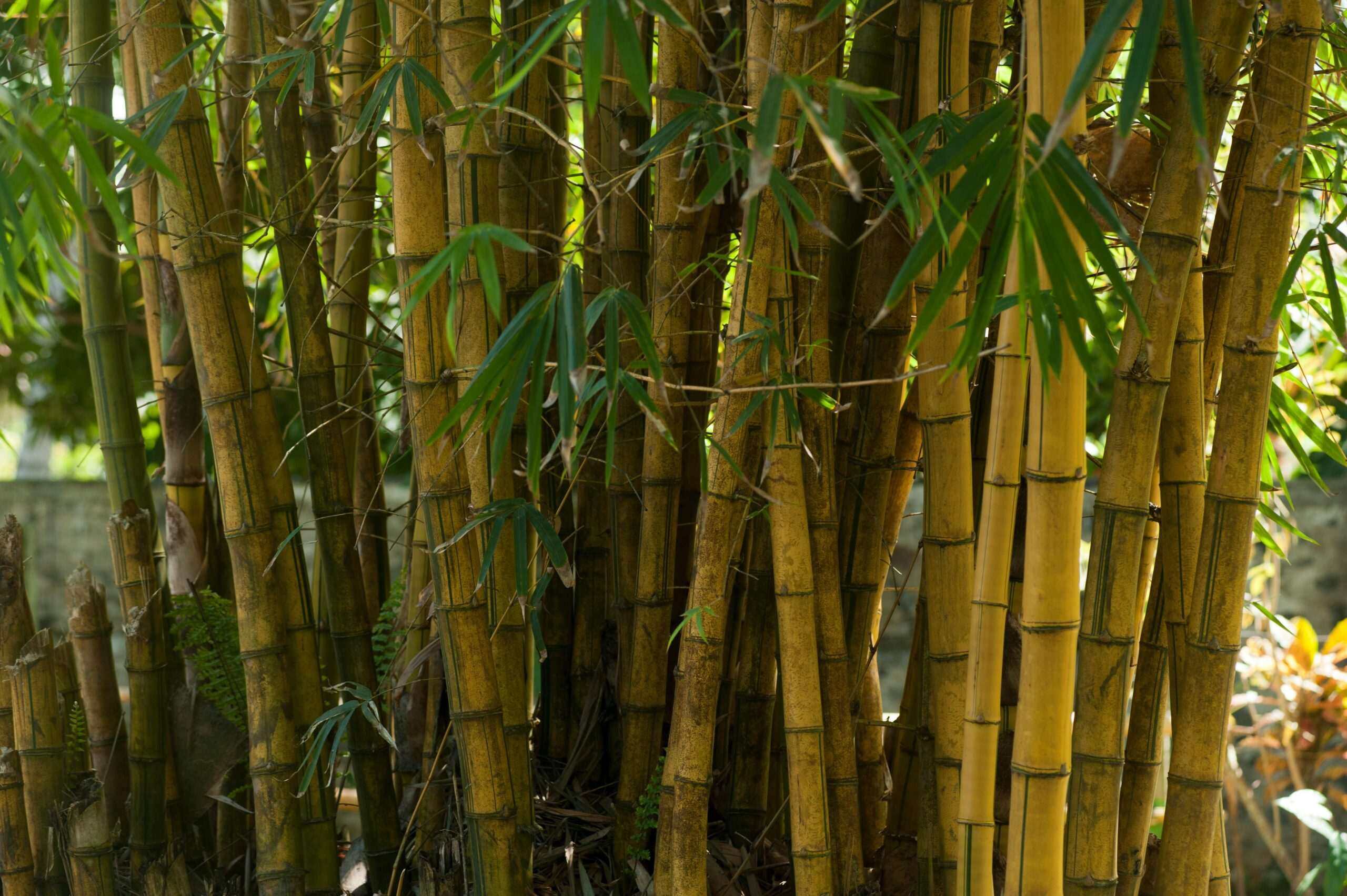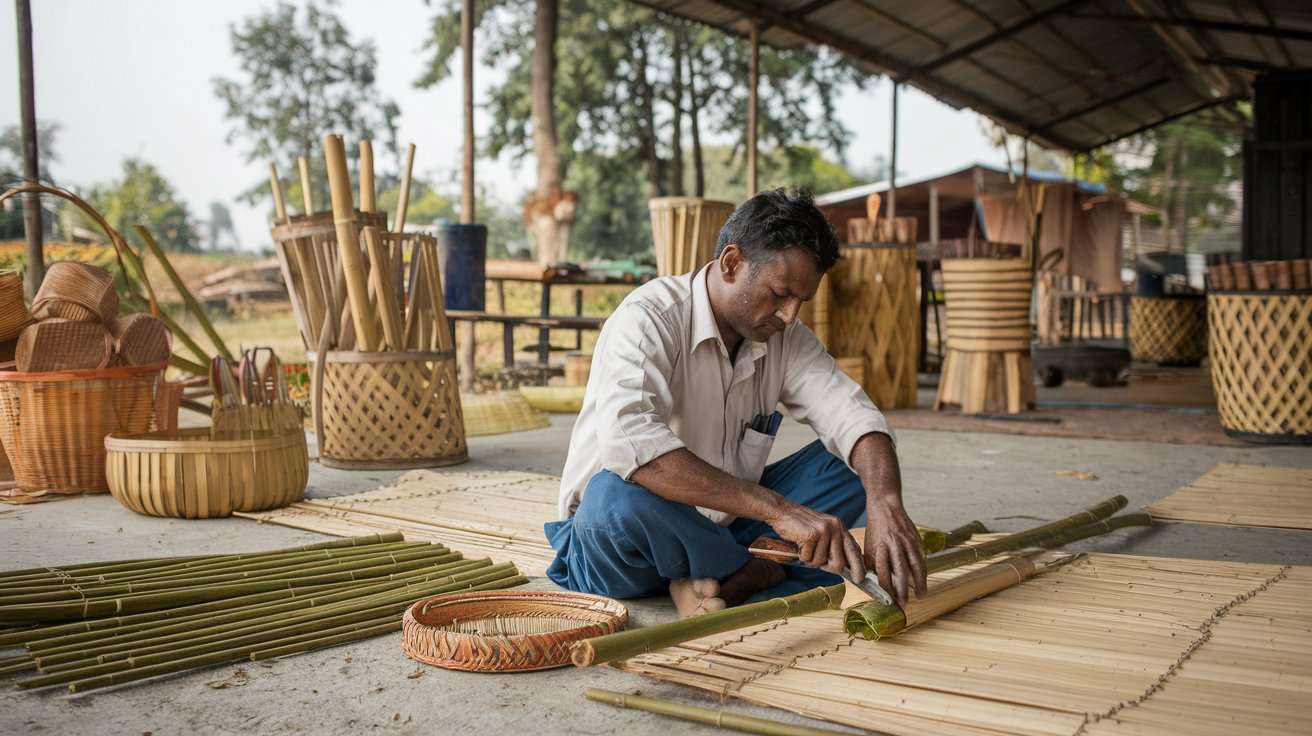As we continue to grapple with the challenges of climate change, deforestation, and environmental degradation, it’s becoming increasingly important to adopt sustainable practices in our daily lives. One often-overlooked yet highly effective solution is the use of bamboo products. This remarkable plant has been hailed as a game-changer for the environment, offering a wide range of benefits that make it an ideal choice for consumers looking to reduce their ecological footprint.
What Makes Bamboo So Special?
Bamboo is a type of grass that grows rapidly and abundantly in tropical and subtropical regions. It’s a highly renewable resource, with some species growing up to 3 feet per day! This remarkable growth rate makes bamboo an ideal crop for sustainable agriculture. Not only does it produce high-quality products, but it also helps to mitigate the effects of climate change.
Here are just a few reasons why bamboo stands out from other materials:
- Renewability: Bamboo is the fastest-growing plant on Earth, making it an incredibly renewable resource.
- Sustainability: Bamboo requires minimal water and pesticides, reducing its environmental impact compared to other crops.
- Carbon Sequestration: Bamboo absorbs carbon dioxide at a rate 12 times higher than traditional trees!
- Durable: Bamboo products are highly durable, lasting for many years without needing to be replaced.
- Hypoallergenic: Bamboo is naturally resistant to bacteria and fungi, making it an ideal choice for bedding, towels, and other household items.
Benefits of Using Bamboo Products
The benefits of using bamboo products extend far beyond their sustainability. Here are some of the key advantages:
- Reduced Waste: By choosing bamboo products, you’re reducing your contribution to landfill waste and minimizing the environmental impact of traditional materials.
- Lower Carbon Footprint: The production process for bamboo products requires significantly less energy than traditional materials like wood or plastic.
- Improved Indoor Air Quality: Bamboo is a natural air purifier, removing pollutants and allergens from the air in your home.
- Enhanced Durability: Bamboo products are built to last, reducing waste and the need for frequent replacements.
- Healthier Living: The hypoallergenic properties of bamboo make it an ideal choice for household items like bedding, towels, and cleaning supplies.
Environmental Impact: A Breakdown
The environmental impact of traditional materials versus bamboo is stark:
- Deforestation: Traditional wood products contribute to deforestation, while bamboo requires minimal land use.
- Water Consumption: Bamboo uses significantly less water than cotton or other crops used for textiles.
- Greenhouse Gas Emissions: The production process for bamboo products generates fewer greenhouse gas emissions than traditional materials.
- Pesticide Use: Bamboo is naturally pest-resistant, eliminating the need for pesticides and reducing their use.
- Waste Management: The durability of bamboo products reduces waste by minimizing the number of replacements needed.
Real-World Applications: How to Make a Difference
While the benefits of bamboo products are numerous, making the switch can seem daunting. Here are some practical ways to incorporate bamboo into your daily life:
- Start Small: Begin with simple switches like switching from paper towels to reusable bamboo towels.
- Invest in Bamboo Bedding: Choose eco-friendly bedding made from bamboo for a healthier sleep environment.
- Ditch Plastic Cleaning Supplies: Opt for bamboo-based cleaning supplies that are gentler on surfaces and the environment.
- Support Sustainable Fashion: Look for clothing brands incorporating bamboo into their designs, promoting sustainable fashion practices.
- Make it a Family Affair: Involve your loved ones in the transition to a more sustainable lifestyle by introducing bamboo products together.
The Future of Bamboo: Expanding Its Reach
As awareness about the benefits of bamboo grows, so does its potential for widespread adoption:
- Increased Availability: More manufacturers are now producing bamboo-based products, making them easily accessible.
- Government Support: Governments around the world are implementing policies to promote sustainable agriculture and forestry practices, paving the way for more bamboo production.
- Research and Development: Scientists continue to explore new applications of bamboo, expanding its uses in fields like construction, textiles, and packaging.
Conclusion: Join the Bamboo Revolution
Bamboo products have proven themselves to be a game-changer for the environment. With their remarkable growth rate, low carbon footprint, and numerous benefits, it’s time to make the switch from traditional materials. By incorporating bamboo into your daily life, you’ll not only reduce your environmental impact but also contribute to a more sustainable future.
The next time you’re shopping or looking for ways to live more sustainably, remember: bamboo is the better choice.
Sources:
- The United Nations Food and Agriculture Organization (FAO) estimates that bamboo can produce 30 times more oxygen than trees in a given area.
- A study by the University of California found that bamboo reduces greenhouse gas emissions by up to 80% compared to traditional materials.
- Bamboo has been recognized as one of the top five most sustainable materials globally, according to a report by the Natural Resources Defense Council (NRDC).


